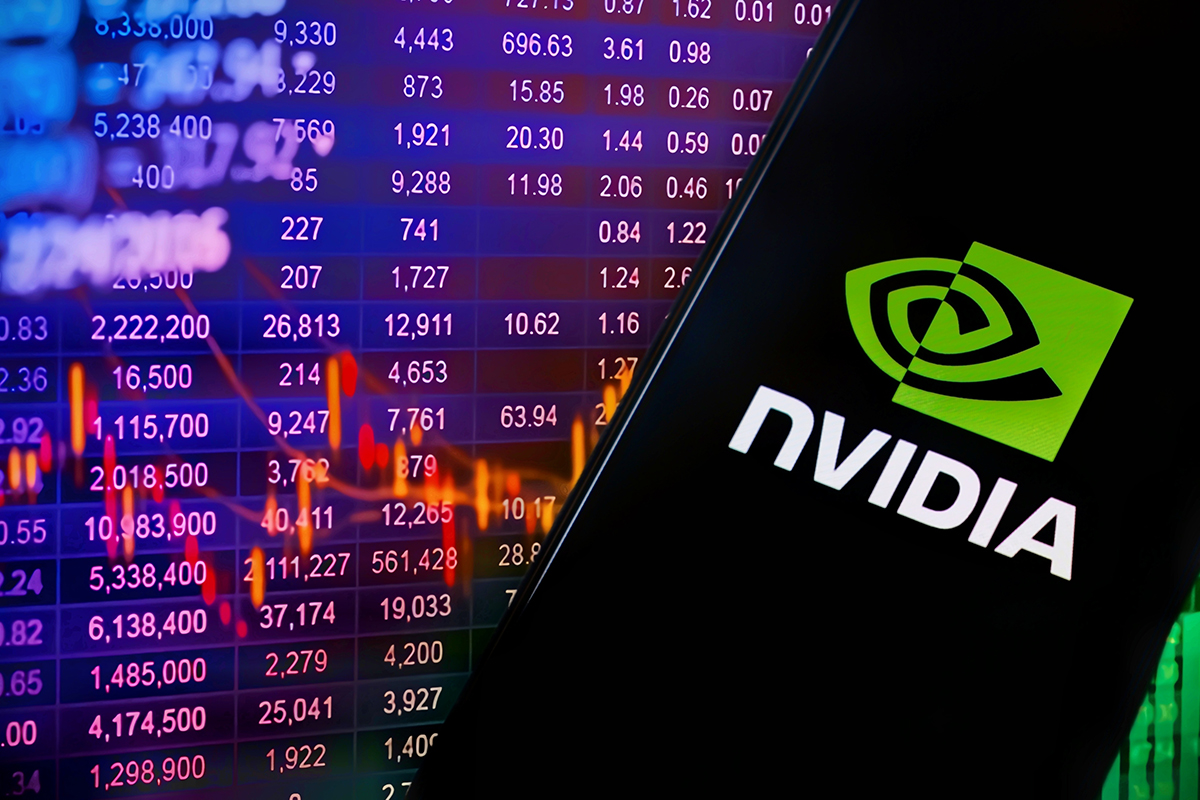Nvidia, once the world’s most valuable company and a leading force in AI chipmaking, has hit a significant roadblock, suffering the worst single-day loss in stock market history. This downturn has raised concerns among investors about the company’s future, as it faces economic uncertainties, investor skepticism, and potential legal troubles.
On Tuesday, Nvidia’s stock fell by 9.5%, wiping out $279 billion from its market value. This dramatic loss far exceeded the previous record set by Meta in 2022, when the tech giant lost $240 billion in market value. To put this into perspective, Nvidia’s loss on Tuesday alone is greater than the entire stock value of major companies like McDonald’s, Chevron, and Pepsi. In fact, only 27 companies globally have a total worth as high as the value Nvidia lost in a single trading day.
CEO Jensen Huang, Nvidia’s largest individual shareholder, personally suffered a $10 billion loss due to the sharp decline. This downturn marks a major setback for Nvidia, which had previously reached a $3.3 trillion valuation on June 18, making it the highest-valued public company at that time.
Economic Pressures and Investor Skepticism
Nvidia’s stock had been riding high earlier this year, fueled by excitement around its AI chips and strong demand for its technology. However, as the U.S. economy shows signs of slowing down, investors are becoming more cautious about the high valuations of AI and tech companies. Many stock traders worry that a weaker economy may deter companies from investing in AI technology, which is still seen as a promising but risky sector.
Despite Nvidia’s strong earnings report last week, its forecast was not as optimistic as some investors had hoped. This more subdued outlook led to the steep drop in its stock price. Since hitting its peak valuation in June, Nvidia’s stock has now tumbled by more than 20%, reflecting the growing concerns about the company’s future in the face of economic uncertainty.
The broader tech market has also been affected by similar concerns. Microsoft, another major player in AI, has seen its stock decline by 12% from its most recent peak, while Taiwan Semiconductor Manufacturing Company (TSMC), Nvidia’s chip manufacturer, has dropped 18% since mid-July.
Nvidia Faces Potential Antitrust Issues
Reports have surfaced that the U.S. Department of Justice is investigating Nvidia over possible antitrust violations. A subpoena reportedly issued to Nvidia has sparked concerns about regulatory challenges. Although Nvidia has denied receiving a subpoena and stated it is willing to cooperate with any inquiries, the news has contributed to its stock price dropping further. On Wednesday, Nvidia’s stock fell an additional 1.7%, while the tech-heavy Nasdaq Composite, which dropped more than 3% on Tuesday, saw a slight decline of 0.3%.
The Biden administration has taken a tough stance against tech giants, launching investigations and bringing legal charges against major companies such as Apple, Google, and Amazon. It is unclear whether this aggressive approach to tech regulation will continue, but Nvidia may now be under increased scrutiny.
Future Outlook: Demand for AI Chips Remains Strong
Despite these setbacks, Nvidia remains a dominant force in the AI chip market. The company’s latest “Blackwell” AI chips are reportedly in high demand, with demand far exceeding supply. This strong demand for AI technology has kept Nvidia’s overall stock performance positive for the year, with its shares still up 118% since January. With a current market valuation of $2.7 trillion, Nvidia remains one of the most valuable companies in the world, trailing only behind Apple and Microsoft.
Investments in Nvidia’s infrastructure continue to pay off, as the company’s AI chips are being used to process data more efficiently, helping clients save money and improve performance. Some investors remain bullish, seeing the recent dip as a buying opportunity. Market analysts have pointed out that Nvidia’s GPUs are becoming increasingly essential in the tech landscape, likening them to new commodities in the world of IT.
As Nvidia navigates these challenges, its future will largely depend on how well it can manage regulatory pressures, maintain its competitive edge, and continue meeting the growing demand for AI technology.







